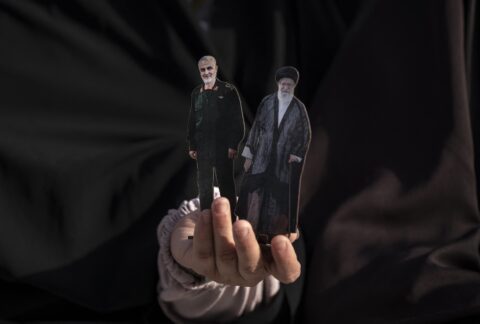Managua, March 8 (EFE).- The President of Nicaragua, Daniel Ortega, confirmed his interest in amending the constitution to openly pursue the establishment of indefinite presidential reelection, the Managua newspaper La Prensa reported today.
Daniel Ortega Confirms Interest in Reelection as President of Nicaragua
March 12, 2009








